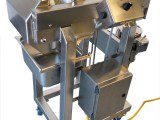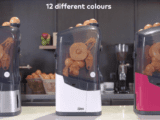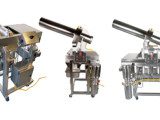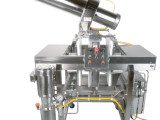Masticating VS Cold Press Juicers In A Commercial Setting
by Ryan
When stepping into the vibrant world of juicing in a commercial setting, the choice between a masticating juicer and a cold press juicer becomes more than just selecting a piece of equipment; it’s about choosing the heart of your operation.
Both types of juicers promise to deliver the essence of fruits and vegetables in liquid form, but they do so in ways as unique as the tastes and preferences of your clientele. Understanding the nuances between these two juicing methods is crucial for any business aiming to serve up freshness, flavor, and nutrition in every glass.
Masticating juicers, with their methodical, slow grinding and pressing process, are akin to the careful, deliberate chef who ensures every nutrient and drop of flavor is painstakingly preserved. On the other hand, cold press juicers, especially those used commercially, take this meticulous process a step further, employing a two-stage technique to extract every possible ounce of goodness from produce.
This distinction might seem subtle at first glance, but it translates into differences in juice quality, yield, and even the operational efficiency of your juicing station.
As we delve deeper into the world of masticating versus cold press juicers in a commercial setting, we’ll explore not just the technical differences, but also the impact on taste, texture, and nutritional content of the juices produced.
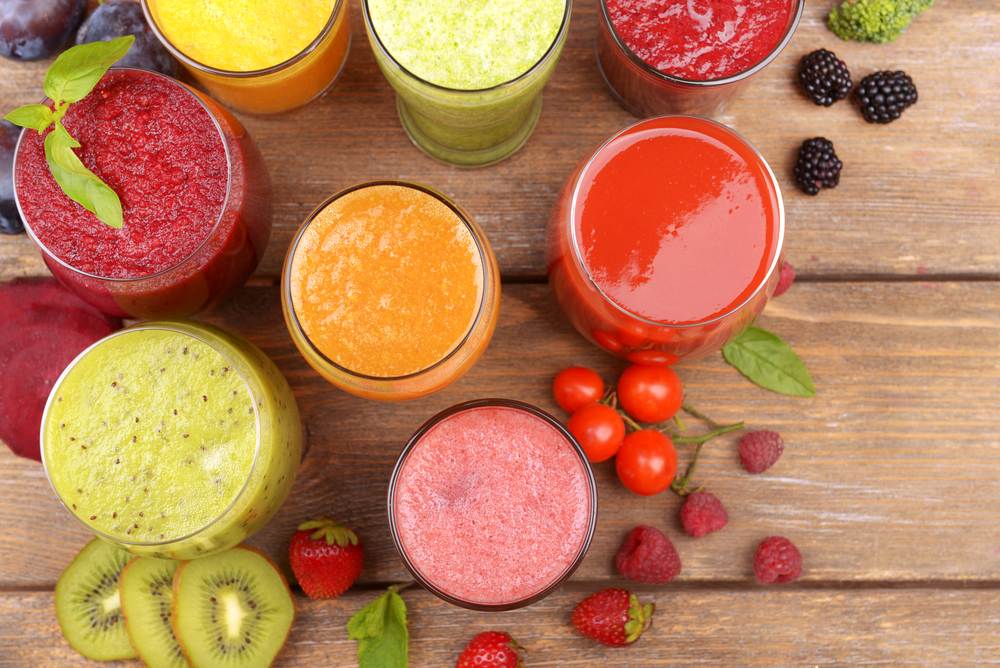
What Is A Masticating Juicer?
In a commercial setting, a masticating juicer is an invaluable tool for businesses focused on delivering high-quality, nutritious juices to their customers. Characterized by its slow, grinding and pressing mechanism, a masticating juicer operates by crushing fruits and vegetables at a low speed before pressing the pulp to extract juice.
This method is gentle and efficient, ensuring minimal heat generation and oxidation, which can otherwise compromise the nutritional value and taste of the juice.
For cafes, juice bars, and restaurants prioritizing health-conscious offerings, masticating juicers are the go-to choice. They excel in extracting more juice from a wide variety of ingredients, including leafy greens, wheatgrass, and soft fruits, which might challenge other types of juicers. The result is a juice that’s richer in vitamins, minerals, enzymes, and flavor, appealing to customers seeking wellness benefits in every sip.
Commercial-grade masticating juicers are designed to withstand the demands of heavy use, featuring durable components and a build quality that promises longevity. Despite their slower operation compared to centrifugal juicers, their efficiency in juice extraction can lead to cost savings on produce over time.
Additionally, the reduced noise level of masticating juicers enhances the ambiance of a commercial space, making them a considerate choice for open-kitchen layouts or intimate settings.
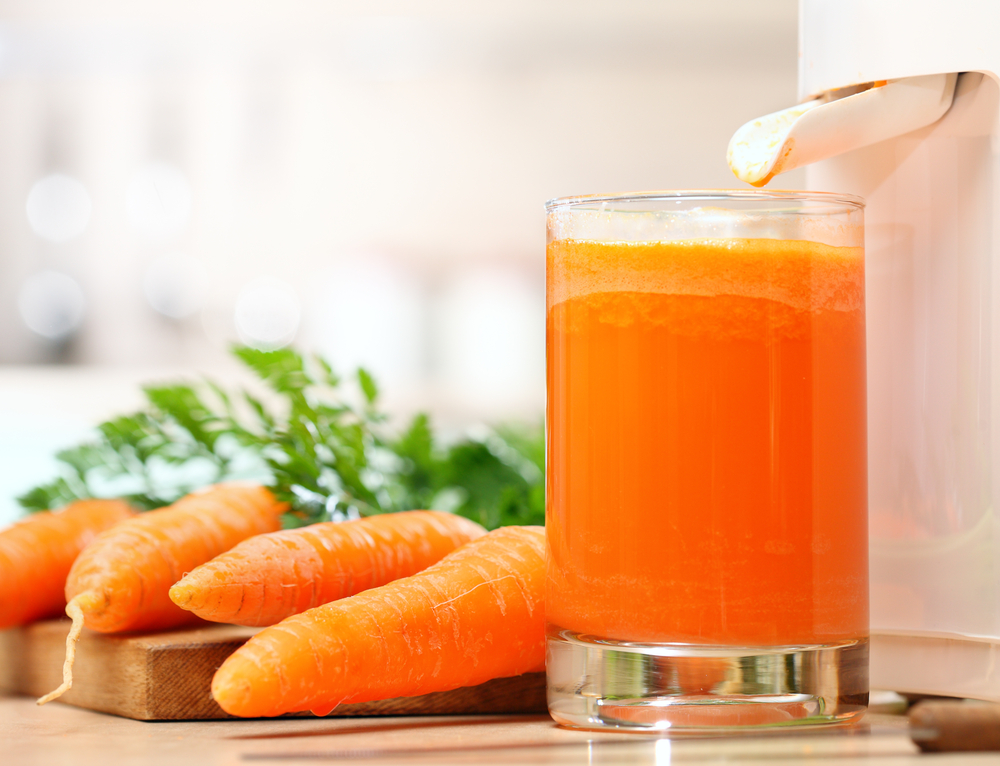
What Is A Cold Press Juicer?
In a commercial setting, a cold press juicer becomes a vital asset for businesses aiming to offer premium-quality juices. This type of juicer operates on a principle that emphasizes gentle extraction, applying significant pressure to crush and then press fruits and vegetables.
This method ensures that the juice retains its nutritional integrity, enzymes, and flavor, distinguishing it from the offerings of typical centrifugal juicers found in many establishments.
Cold press juicing in a commercial environment means being able to consistently produce a product that’s not only superior in taste and color but also in nutritional value. The slow, meticulous process of cold press juicing minimizes heat and oxidation, allowing the juice to maintain its quality over a longer period.
This is particularly advantageous for businesses that batch-produce juices for retail or need to keep juices fresh throughout the day.
Commercial cold press juicers are designed to handle the high-volume demands of a busy operation, offering durability and efficiency without compromising on the quality of the juice produced. While the initial investment in a commercial cold press juicer might be higher than for other types of juicers, the ability to produce a premium product can lead to higher customer satisfaction and loyalty, ultimately contributing to a stronger bottom line.
Moreover, these juicers can process a wide range of produce, from leafy greens to fibrous roots, expanding the variety of juice offerings a business can provide. The quiet operation of cold press juicers also makes them ideal for open-kitchen setups or smaller spaces where noise reduction is essential.
For businesses dedicated to delivering healthful, high-quality juice beverages, investing in a commercial cold press juicer is a decision that aligns with a commitment to excellence and customer well-being.
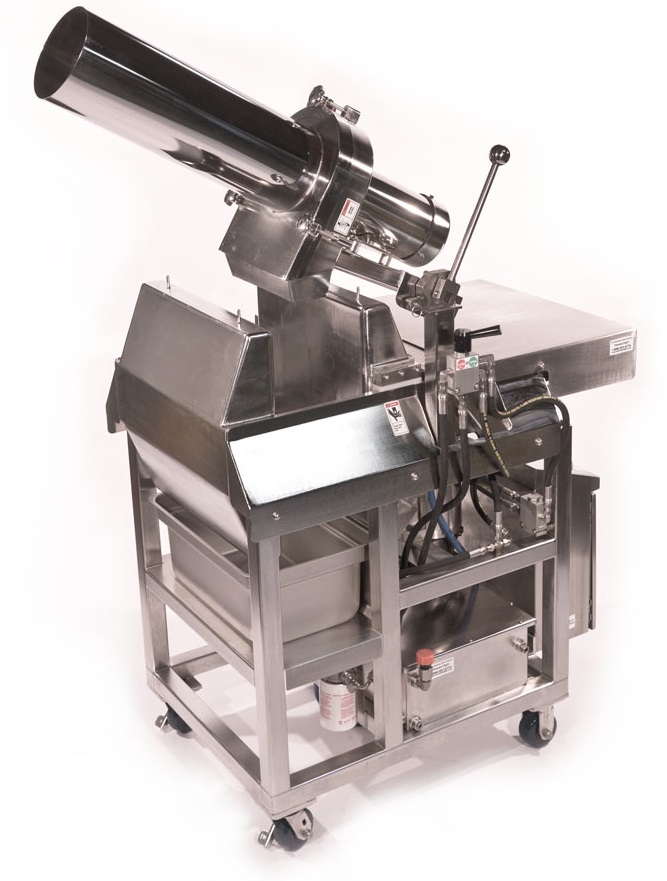
Key Difference Between Masticating And Cold Press Juicers
While “cold press” and “masticating” are terms often used synonymously, especially in consumer contexts, the key difference lies in the specific technology and method of juice extraction.
Masticating juicers refer specifically to the auger method of crushing and extracting juice at low speeds, while cold press juicing can encompass a broader range of techniques, including the more industrial method of hydraulic pressing. Both aim to produce high-quality, nutrient-rich juice, but the terminology can vary based on context and marketing.
Does Cold Press Juice Last Longer?
There’s a unanimous agreement that fresh juice reigns supreme in both taste and nutritional content. However, cold-pressed juice holds its ground with an impressive shelf life of up to 72 hours in the refrigerator, a benefit derived from the reduced oxidation process of slow juicing machines.
For those using juice as part of a therapeutic regimen or incorporating substantial amounts of juice into their daily routine, preparing batches of juice daily becomes a practical approach. A cold press masticating juicer facilitates this routine, enabling the production of high-quality, nutrient-rich juice with ease.
Related: Premium PET Bottles For Your Juice
Which Juicer Creates The Best Cold-Pressed Juice?
When diving into the realm of cold press juicing, the quest to pinpoint the “best” cold press juicer can often feel elusive. The truth is, the ideal juicer doesn’t hinge on a universal standard but rather on individual needs and preferences. Factors such as the volume of juice you plan to produce and specific features that cater to your juicing habits play pivotal roles in determining the perfect match.
Given the diverse array of juicers available, it’s essential to consider your personal juicing routine. Are you juicing large quantities regularly, or are you more of a casual juicer? Do you have a penchant for juicing a wide variety of produce, or do you stick to a specific few? Your answers to these questions will guide you towards a juicer that aligns with your lifestyle.
That said, if you’re in search of a recommendation, the Zumex Mastery stands out as a formidable choice among cold press juicers. Its design caters to both efficiency and quality, ensuring that you can produce a significant amount of juice without compromising on nutritional value. While the “best” juicer is ultimately subjective, the Zumex Mastery’s blend of performance and versatility makes it a noteworthy contender for those looking to make an informed decision in their juicing journey.
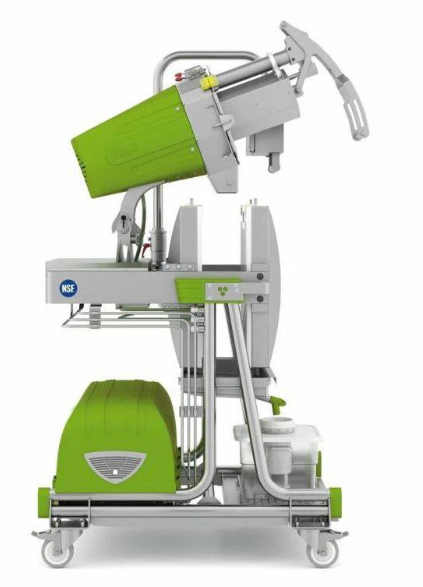
Wrap Up
In wrapping up the comparison between masticating and cold press juicers for commercial use, the key is to align the choice with your business’s specific needs and customer expectations.
Both juicer types have their merits: masticating juicers excel in nutrient retention and versatility, while cold press juicers stand out for their efficiency and ability to produce high-quality juice in large volumes. For instance, the Zumex Mastery emerges as a top pick for those prioritizing cold press juicing, offering exceptional performance and quality.
Deciding which juicer suits your operation best will depend on the volume of juice you need, the range of produce you intend to use, and your desired operational efficiency. Whether you choose the nutrient-preserving capabilities of a masticating juicer or the large-scale efficiency of a cold press model like the Zumex Mastery, your selection will play a crucial role in delivering fresh, nutrient-rich juices to your customers.
This decision not only impacts your operational workflow but also reinforces your commitment to quality and wellness, enhancing your establishment’s standing in the competitive landscape of commercial juicing.



